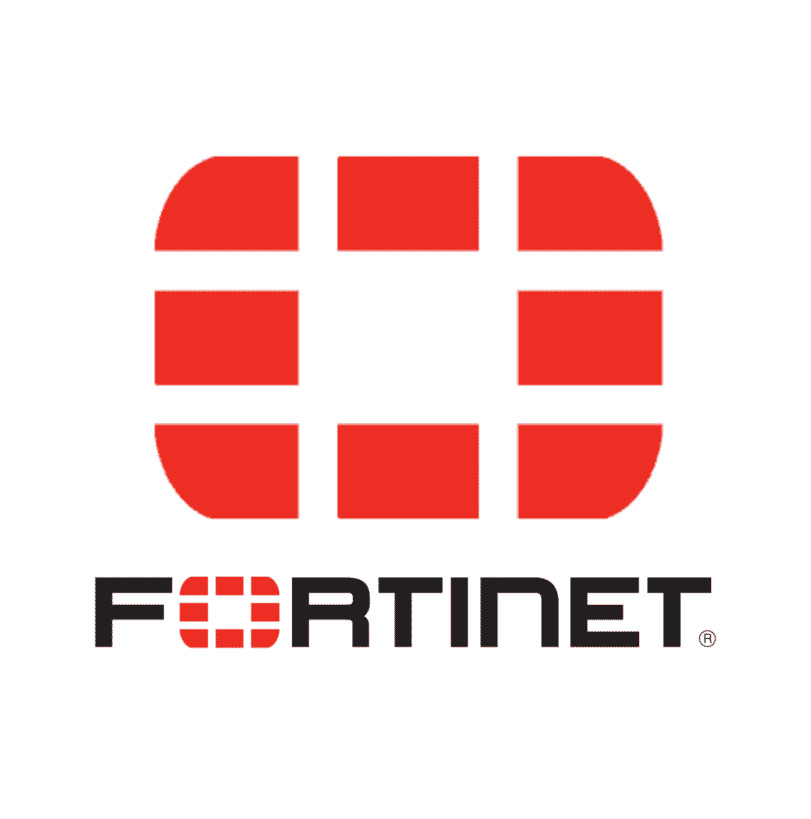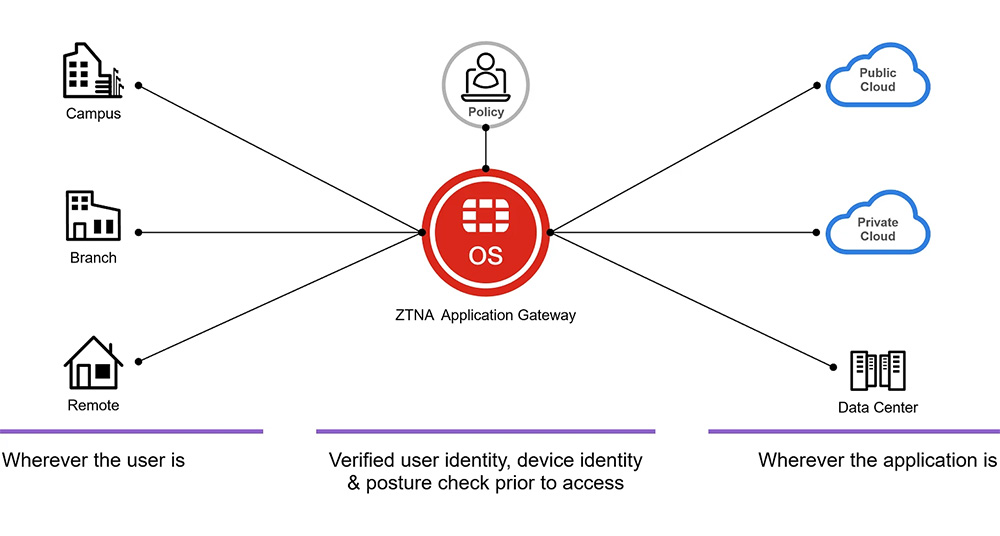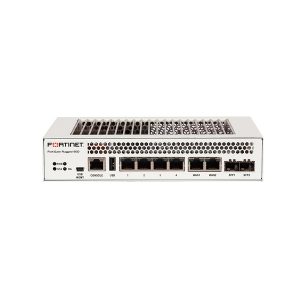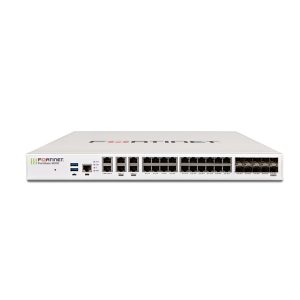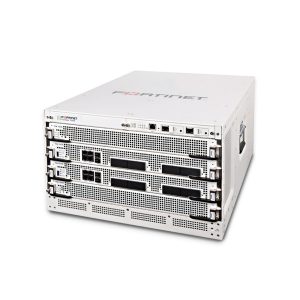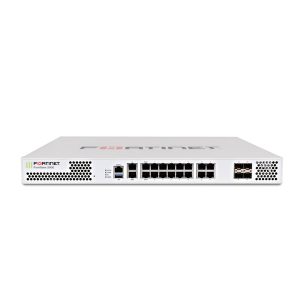Description
Improve secure access to applications anywhere for remote users
ZTNA is a feature of Zero Trust Access (ZTA) that manages application access. It expands on the ZTA principles by requiring user and device verification prior to each application session. In order to access that application, ZTNA acknowledges that they comply with the organization’s policy.
Fortinet brings Universal ZTNA to the Fortinet Security Fabric
Fortinet’s distinctive method of delivering Universal ZTNA as a component of its FortiGate NGFW makes it incredibly versatile, protecting users whether they are at home or at work. Any device or service running FortiOS 7.0 or higher has universal ZTNA capabilities enabled by default. This covers hardware devices, cloud-based virtual machines, and the FortiSASE service.
All that is required to give remote users, whether on or off the network, more secure access and a better experience is a FortiGate and a FortiClient ZTNA agent.
Features and Benefits
Flexible Deployment
Enables ZTNA policies to be enforced for both remote workers and on-campus workers.
Granular Access Control
Grants access to a specific application only for that session.
Ongoing Verification
Verifies the user identity, the device identity, device posture, and the user’s right to access an application before granting access to an application.
Client-Initiated Model
Provides more visibility and control of the endpoint for the IT team while providing the user a faster, easier experience.
No Extra Cost
Requires no additional licenses.
Fortinet’s ZTNA is a free feature in FortiOS and FortiClient, enabling customers to shift from VPN to ZTNA at their own pace.
Automatic Encrypted Tunnels
Creates TLS-encrypted tunnels automatically, from the endpoint to the access proxy, ensuring traffic is hidden from prying eyes.

